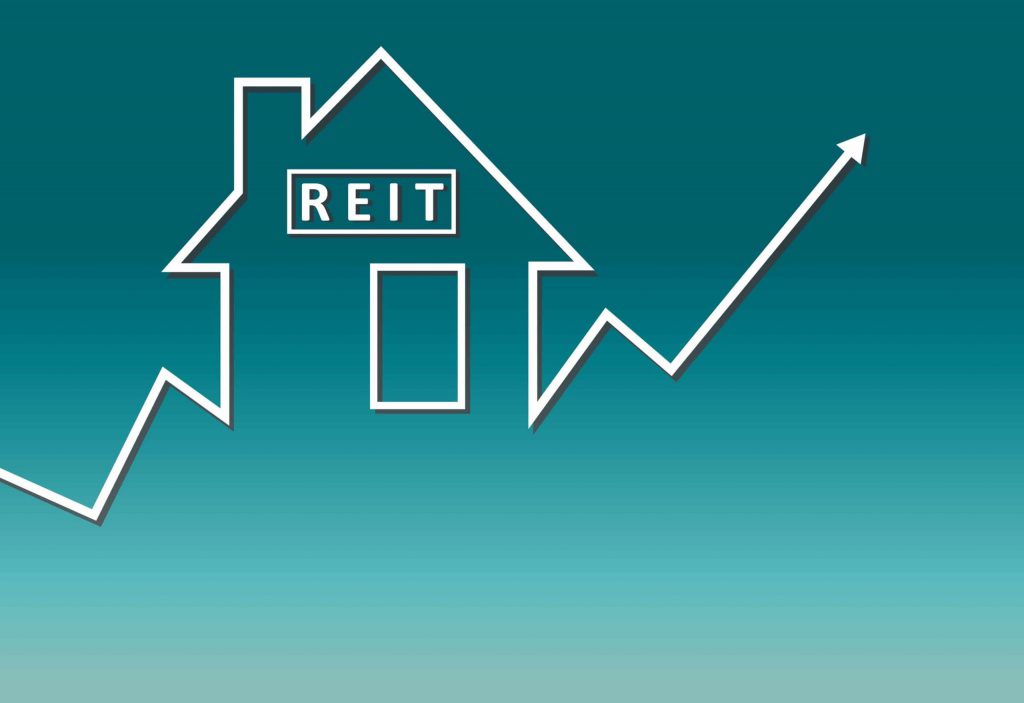What are REITs?
REITs buy and develop real estate primarily for the purpose of using it in their investment portfolio. REITs or Real Estate Investment Trusts are companies that own and operate properties for the purpose of generating income. Unlike other real estate companies, REIT does not build real estate for resale. These are the companies that manage portfolios of high end properties and mortgages. People can participate in large real estate revenues through REITs.
What is Direct Real Estate Investment?
Direct investment in real estate means buying a particular property at a stake or the acquisition of property from a particular person. This implies a significant share in an asset, whether it is a shopping mall, an office building or an apartment. This type of business allows investors to generate income by rental investment. It even allows you to monetize the valuation of the assets you own. As the price increases over time, you get a significant return on assets.
Key difference between REITs and Direct Real Estate Investment!
Direct Real Estate Investment offers more tax incentives than REITs and also investors have more decision-making power.
– In case of REITs, investors invest their money in a diversified portfolio of commercial real estate assets. But in case of direct real estate investment for commercial offices, investors invest in a single office property only.
– Individual investors can take advantage of real estate through a REIT without the need to own or manage real estate.
– Compared to Direct Real Estate Investment, REITs are easier to buy and sell because many of them are publicly traded on exchanges.
Difference between REITs and Direct real estate in terms of returns!
There is a major difference between the returns of both investments:
– In the case of REITs the ROI will be clearly structured, realistic and risk-free. They are ideal for investors who want a stable income with minimal risk.
– During the time of inflation, property values tend to rise as property prices and rents rise, resulting in higher returns for REIT investors. Realistic ROI from REITs can be expected in the range of 7-8% per annum after adjusting fund management fees.
– REITs must distribute at least 90% of the taxable profits to shareholders, and dividends of 5% or more are common.
How do REIT investors generate income?
Like any other business REIT requires capital. The investors of REITs make money by renting, leasing or selling the assets they buy. Shareholders elect a board of directors, which is responsible for selecting investments and recruiting a team to oversee them on a daily basis. FFO, which stands for funds from transactions, is the most common way of calculating REIT income.
REITs Investors generate following types of income:
– Dividend income
– Price gains after the sale of REIT units
– REITs are a great opportunity for investors who want to diversify their portfolios outside the gold and securities markets. This is a great place to invest if you are investing in real estate for the first time and want to diversify your portfolio without unnecessary risk.
Conclusion:-
A REIT is a good option for investors who do not want to manage real estate, or for those who do not have or can not get the funds for it. REITs are also a great way for aspiring real estate investors. Individual investors can invest in income from owning commercial real estate with a REIT without buying it themselves. Direct real estate investment is good if you want more control over your money and prefer a convenient approach.
Also read:-
Builders have to disclose the status of mortgage loans for apartments
